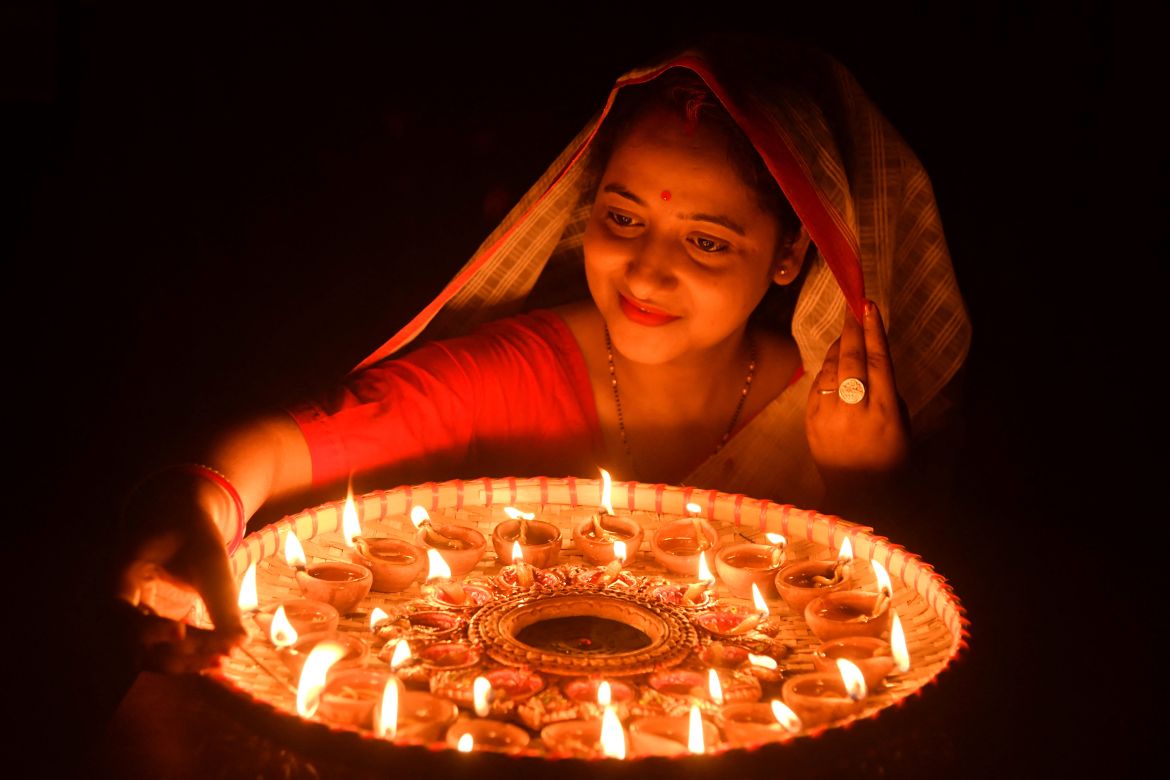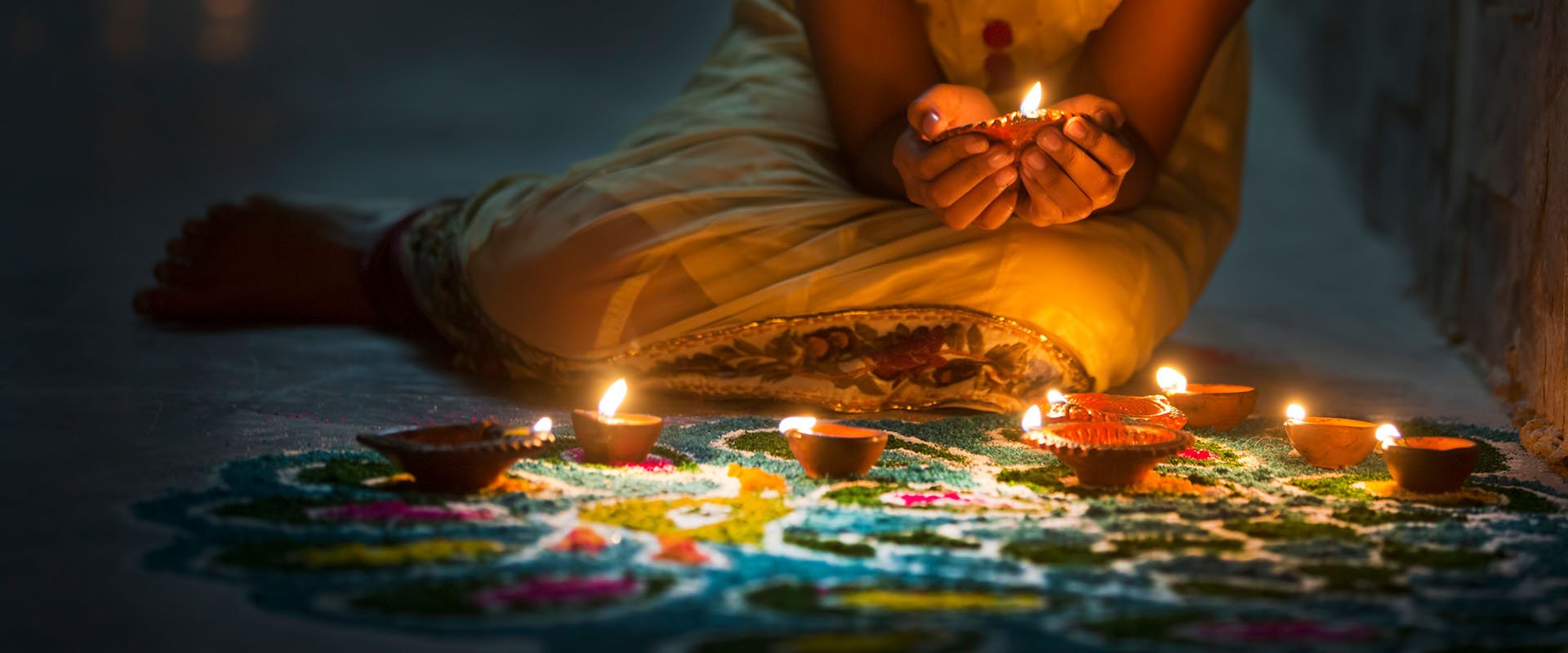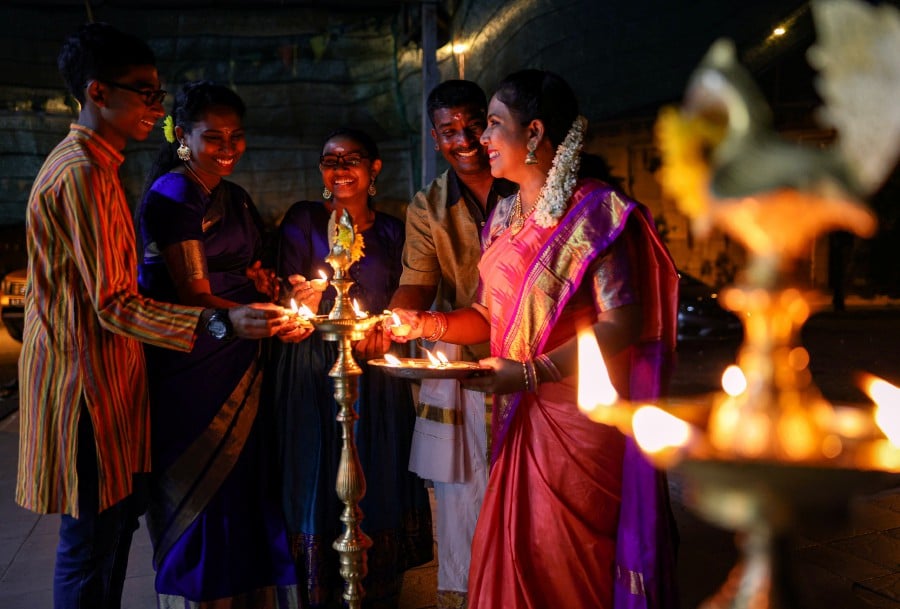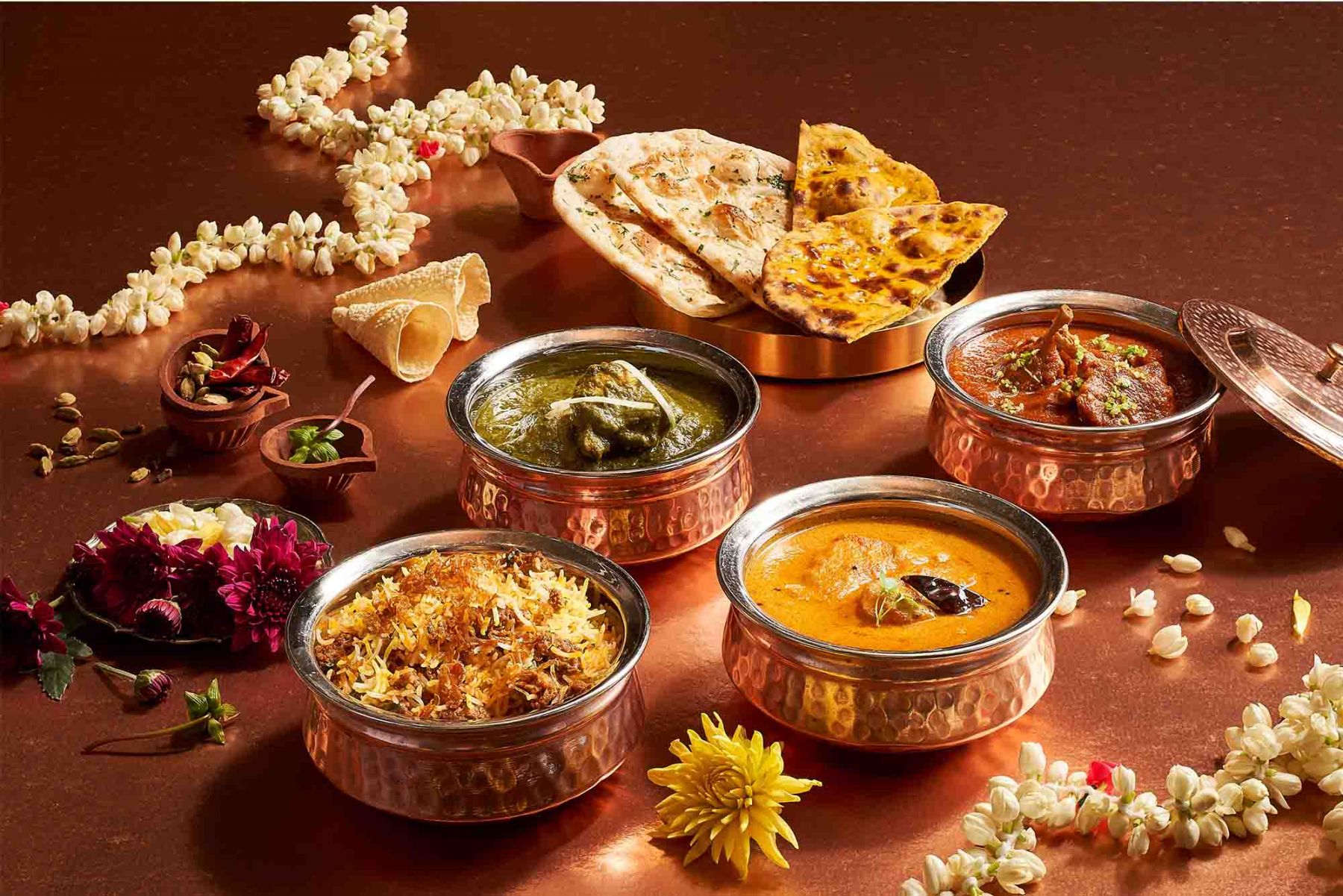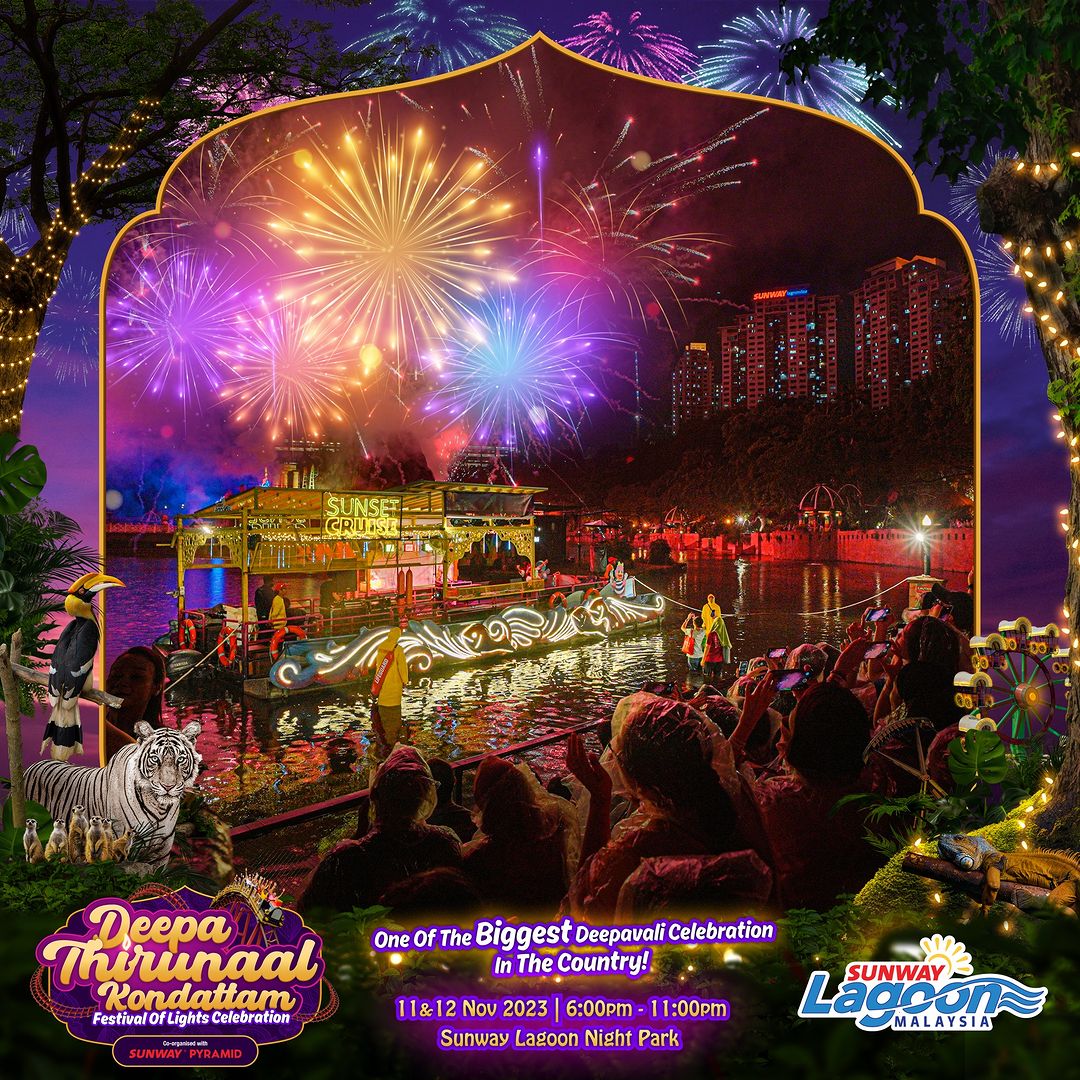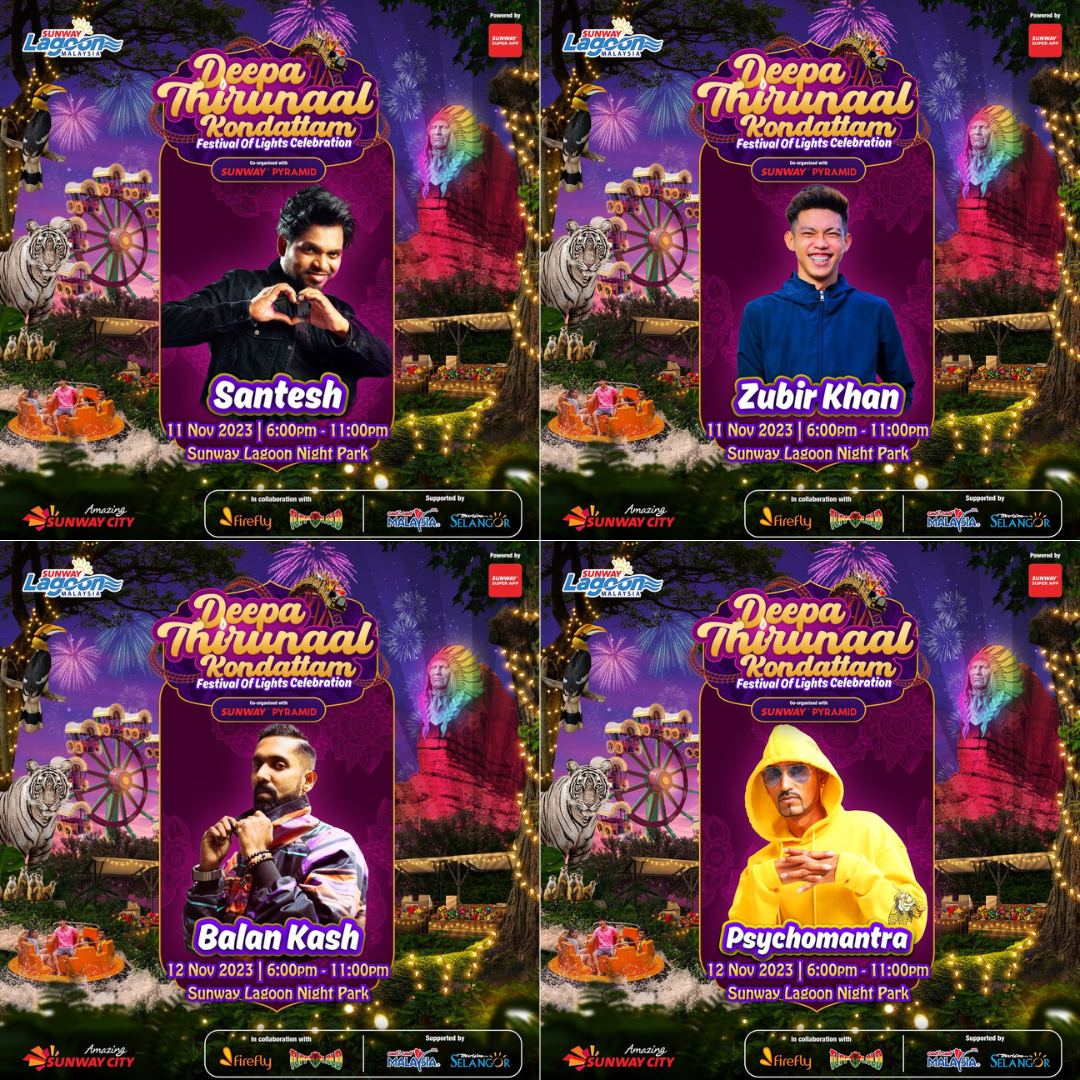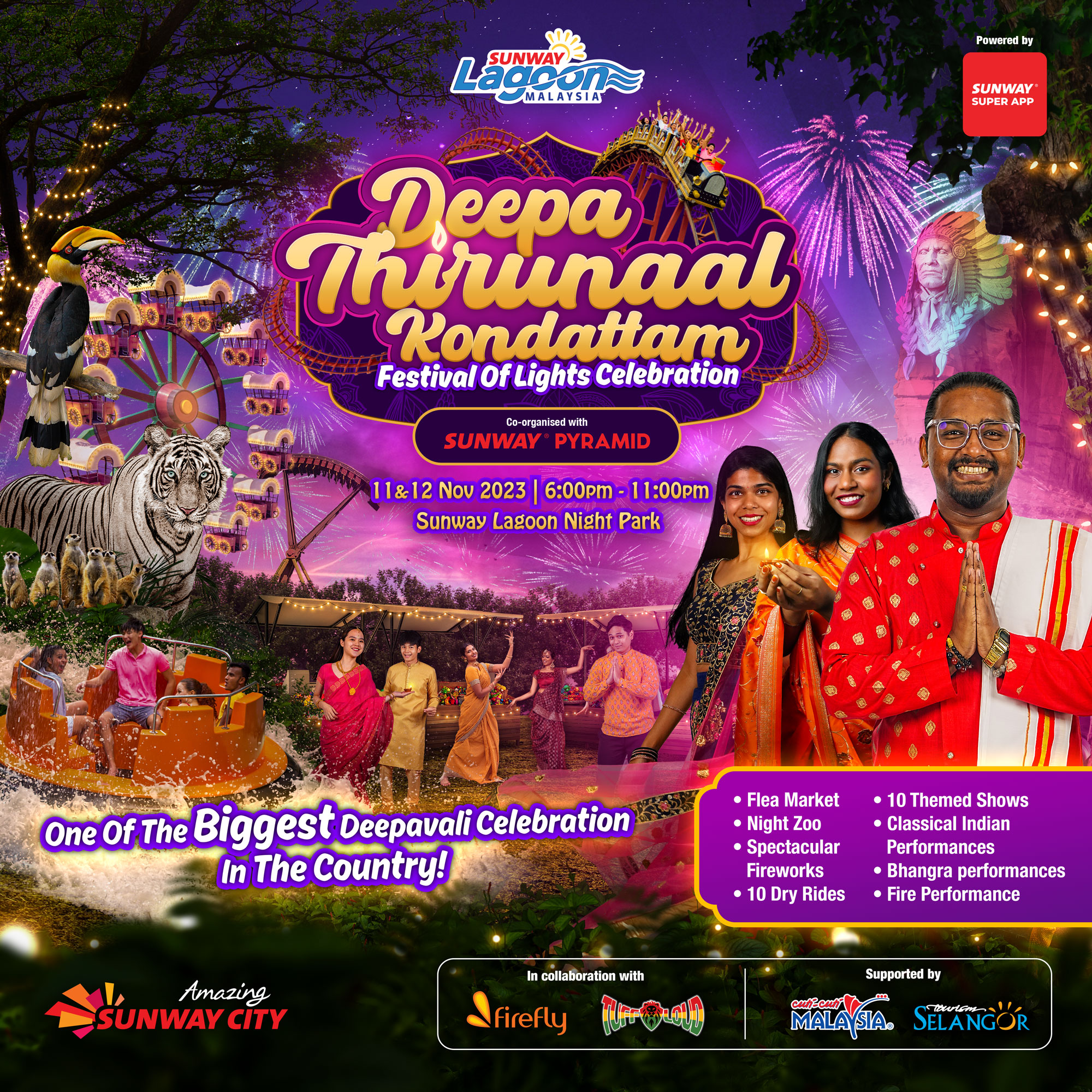Deepavali's Significance For M'sian Indians & How We Celebrate This Festival Of Lights
For Malaysian Indians, it has become a celebration that beautifully intertwines ancient tales with the nation's multicultural fabric.
Deepavali is one of the most significant festivals for Indians worldwide, and holds immense cultural and religious values for the community
This major festival, also known as Diwali, symbolises the triumph of light over darkness.
In Malaysia, where multiculturalism is deeply woven into the fabric of society, the festival is celebrated with great enthusiasm by Malaysian Indian Hindus, along with Jains and Sikhs.
Over the decades, different groups of Indians in Malaysia have adapted their respective Deepavali traditions while embracing the diverse cultural environment of the nation, creating a unique and vibrant celebration that showcases their rich cultural heritage. This celebration of light and the spirit of unity is a testament to the harmonious co-existence of various ethnicities and religions within Malaysian society.
In India, the festival is celebrated between five to three days depending on the region.
The Malaysian Indian Hindu community, however, celebrates Deepavali on a much smaller scale. Nonetheless, they celebrate this festival with great fervour and excitement, fostering a sense of unity and togetherness among families and communities.
What is the significance of Deepavali?
There are different narratives and origins associated with this festival, but the triumph of good over evil, knowledge over ignorance, and the importance of light over darkness are some of the key themes.
In Hinduism, Deepavali — derived from the Sanskrit words "Deepa" (light) and "Avali" (a row) — revolves around the stories of Lord Rama and Lord Krishna, two central Hindu deities.
In Sikhism, Diwali is a story of the struggle for freedom, with Sikhs celebrating the day as Bandi Chhor Divas (prisoner release day). This commemorates the day when Guru Hargobind Sahib, the sixth Guru, liberated 52 prisoners (bandi) from the Gwalior Fort, who had been unjustly imprisoned by the Mughal Emperor Jahangir.
In Jainism, Diwali marks the anniversary of the nirvana of Lord Mahavira's soul.
The stories of Rama and Krishna play a crucial role in understanding the varying perspectives behind the Deepavali celebration
The Sanskrit epic Ramayana recounts the triumphant return of Rama, accompanied by his wife Sita, brother Lakshmana, and Hanumana, to the legendary city of Ayodhya, after defeating Lanka King Ravana.
Upon their return, the people of Ayodhya illuminated their path with diyas (oil lamps), symbolising the joyous homecoming of the exiled prince and the spiritual victory of light over darkness.
This is the version common among the Eastern and Northern Hindus in India.
Whereas, the version popular among the Southern Hindus or the Dravidian people, who make up the majority of Malaysian Indians, revolves around Krishna, as per the other Sanskrit epic, Mahabharata.
Krishna and his wife, Satyabhama, killed the demon Narakasura, who indulged in unrighteous deeds by kidnapping 16,000 women. This tale epitomises the liberation from oppression and the rescue of innocent lives, underlining the theme of triumph over evil and symbolising the righteous winning over the unrighteous.
The lighting of diyas signifies the removal of darkness and achieving prosperity and peace.
For Malaysian Indians, it has become a celebration that beautifully intertwines ancient tales with the nation's multicultural fabric
It's a time when homes light up, not only with diyas, but also with the spirit of unity, acceptance, and shared joy, bridging cultures and fostering understanding in this diverse and inclusive nation.
The spirit of unity and togetherness is now also accompanied by a touch of modernity.
Many Malaysian Indian Hindus, in addition to lighting traditional diyas, decorate their homes with colourful electric lights, giving the neighbourhoods a mesmerising glow that can be seen from afar.
Families also cook many dishes for ancestral prayers — the day of the prayer varies depending on family to family, as some do it a week before Deepavali, while others do it a day before.
The ritualistic oil bath on the day of the Deepavali is still practised here, followed by a visit to a temple. Some families use the prayer altar in their home itself, where newly bought clothes are laid to rest and dusted with turmeric, before being blessed and handed to the family members to wear.
'Open House' during Deepavali plays a huge role, especially in Malaysian culture, which emphasises inviting friends and neighbours, regardless of their background, to join in the celebration
This fosters cross-cultural understanding and brings communities closer.
Interfaith gatherings and celebrations are common during Deepavali. Various religious and cultural groups come together to celebrate the festival, promoting harmony and understanding.
The 'Open Houses' are all about food, and one cannot talk about Deepavali in Malaysia without mentioning the mouthwatering array of dishes prepared for this occasion.
The aroma of freshly made curries, biryanis, and an array of sweets fills the air. Each family has its own recipes, often handed down through generations, making the food an essential part of the celebration.
In conclusion, Deepavali bridges cultures and fosters understanding, making it a shining example of how traditions can flourish and evolve within the tapestry of a multicultural country
As Deepavali approaches, Malaysians of all backgrounds eagerly anticipate this festival of light, a time to embrace their neighbours and share in the joy of a united and diverse nation.
This Deepavali, Sunway Lagoon is transforming their Night Park into a luminous wonderland, offering Malaysians an unparalleled experience that celebrates the rich traditions and cultural diversity of this beloved festival
If you've yet to experience the joyous celebration, Sunway Lagoon's two-day extravaganza, known as Deepa Thirunaal Kondattam: Festival of Lights Celebration, is the perfect place to start.
Happening on 11 and 12 November, it's slated to be one of the biggest Deepavali celebrations in Malaysia!
From shopping for decor and snacks to marvelling at enchanting traditional and Bollywood performances, Sunway Lagoon promises a fun-filled, magical night
The theme park will be organising a flea market featuring local vendors, a brand new night zoo, 10 themed shows, fire performances, classical Indian performances, and Bhangra performances.
The best part is, to make the magical night even more unforgettable, Sunway Lagoon will be displaying their first-ever fireworks show, whoa!
But that's not all. Sunway Lagoon has also invited local musicians Balan Kash, Santesh, Psychomantra, and Zubir Khan to perform!
What's a celebration without good live music, right? Well, Sunway Lagoon has got you covered.
Get into your party mode and dance the night away with these local artistes and their upbeat music!
Here are the event details:
Deepa Thirunaal Kondattam: Festival of Lights Celebration
Price: RM73 (Child) | RM83 (Adult)
Date: 11 and 12 November (Saturday and Sunday)
Time: 6pm to 11pm
Venue: Sunway Lagoon, Petaling Jaya
